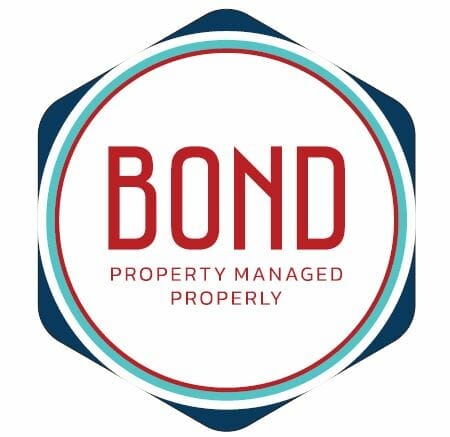Property investing is an excellent vehicle for building long term wealth. But you need to factor in the upfront and ongoing costs of being a landlord. Throughout the duration of holding each property, you need to have stable cash flow to cover your key expenses and the regular shortfall (if you’re negatively geared). In this article, we’re outlining the key expenses you need to factor in for each property as a landlord.
Landlord insurance
One of the key things you should have in place is landlord insurance. Depending on the value of your property and its risk profile, you can get a policy from as little as $1 per day. A good policy should cover tenant-related risks, including loss of rental income and damage to your property by a tenant.
Repair and maintenance costs
Throughout the year, there’ll be little things around your investment property that need to be maintained or repaired. This may include fixing small water leaks, fixing the hinge on a door or resealing wet areas such as the kitchen and bathroom. On a less regular basis, however, you may need to complete larger repairs and maintenance projects that will be more costly. These projects include replacing a hot water system, replacing air-conditioning units and replacing major appliances such as the oven or dishwasher. This is why it’s a good idea to have cash set aside for routine repairs and maintenance and larger emergencies.
Finding new tenants
Sourcing a new tenant for your properties can be a lengthy process. You’ll need to pay advertising fees, cover expenses such as the mortgage while the property is vacant and pay the let fee once the property is leased. Further, the longer your property is vacant, the faster these expenses will add up. Make sure you speak to your property manager to ensure your property is appealing to quality tenants and priced appropriately for the market.
Rates and body corporate fees
As a property owner, you’ll need to pay council rates such as water rates and body corporate fees. If you have an apartment or are looking at adding an apartment to your portfolio, make sure you check not only the body corporate fees but other potential fees such as a maintenance fund. You’ll also need to get an idea of the large repairs and maintenance that may be required in common areas throughout an apartment building so you can plan for a potential increase in body corporate fees and one-off payments to fund these projects.
While property investment is exciting and helps people build wealth, you’ll be more effective and profitable in the long run if you identify and are aware of all the expenses you may incur as a property investor. If you feel like you’ve been playing catch up on the expenses associated with owning your investment property, talk to a qualified financial professional to get on top of your expenses.
Remember, this article does not constitute financial or legal advice. Please consult your professional financial and legal advisors before making any decisions for yourself.



